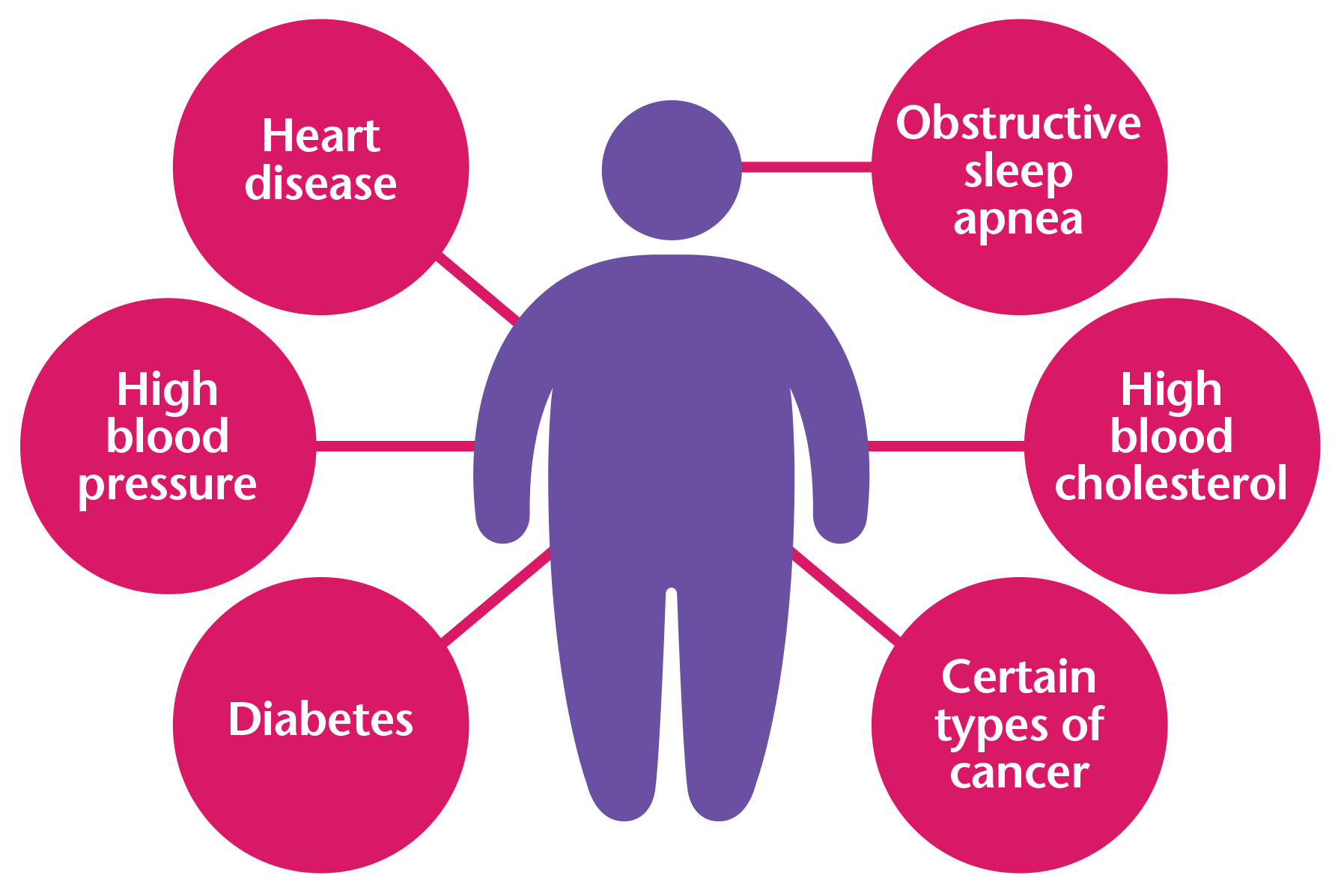
Most likely in life, we have all come across that one fellow who is not necessarily greedy but someone who can’t say no to food, someone who is easily attracted to food,
In some way, this person behaves like a curious child who keeps eyeing your food or a child who would snatch food like it is his/her own.

The brain has complex circuitry that locks appetite to memories of finding and enjoying the food. This drives the feeding behaviors necessary for survival. New research reveals that the circuits include one mechanism that does the opposite: curbing the compulsion to eat in response to food.

Once, scientists thought that gut instincts drove animals’ feeding behavior with very little input from the brain. The sight and smell of food, they maintained, was enough to trigger eating.
Now, researchers at The Rockefeller University in New York City, NY, have found a group of nerve cells, or neurons, whose activation reduces food intake. They believe that their finding is the first to identify the mechanism, which they suggest acts as a “checkpoint” between detecting and consuming food.

The mechanism centers on dopamine 2 receptor (hD2R) neurons in the hippocampus, a brain structure that has a role in memory formation and the regulation of emotions.
A paper that now features in the journal Neuron describes how the team studied the cells and their effect on feeding behavior in mice.
The study also reveals that hD2R neurons are involved with memory and confirms that they form part of the complex brain circuitry that regulates eating.
“These cells,” explains first study author Estefania P. Azevedo, a postdoctoral researcher in the Laboratory of Molecular Genetics, “keep an animal from overeating. “They appear to make eating less rewarding and, in that sense, are turning the animal’s relationship to food,” she adds.
Obesity and its consequences
According to the World Health Organization (WHO), more deaths globally are linked to overweight and obesity than to underweight. Since 1975, the number of people worldwide with obesity has tripled.
The WHO attribute this crisis to the rising consumption of energy-dense, high-fat food at the same time that lifestyles and jobs have become less physically demanding. The result is an upset in energy balance that favors weight gain.

Overweight and obesity can have serious health consequences. They can raise the risk of high blood pressure, heart attack, stroke, and other cardiovascular conditions. Cardiovascular disease was the leading cause of death worldwide in 2012.

A recent review concludes that people with obesity have a reduced ability to detect and discriminate smell compared with those who are not obese.
Carrying too much weight can also increase the risk of some cancers and make it more likely that disabling conditions that impair the joints, such as osteoarthritis, will develop.

Children with obesity are more likely to have obesity and disability and die prematurely as adults. They are also more likely to develop respiratory problems, high blood pressure,